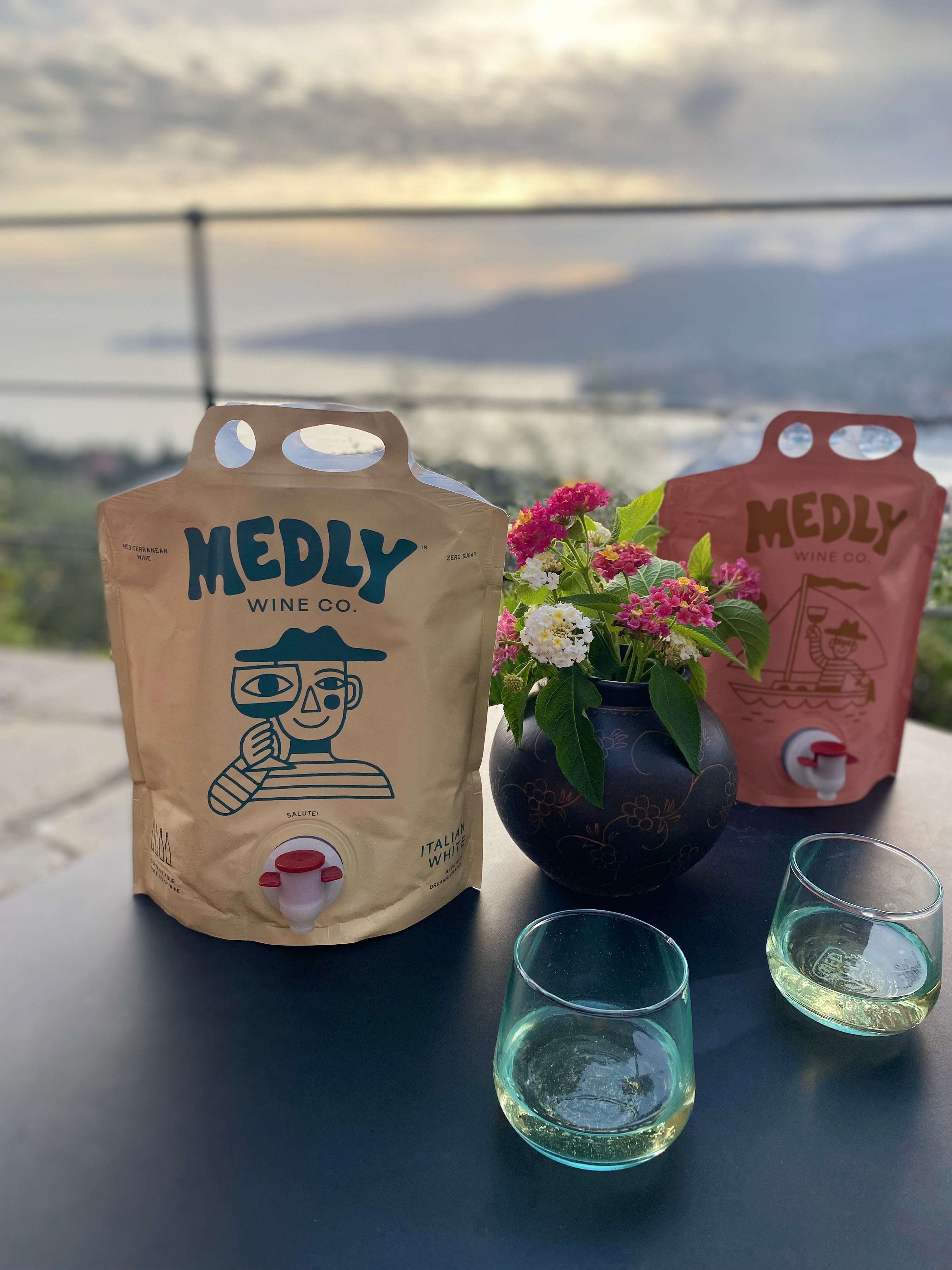Introduction to Organic Winemaking
As organic wines gain popularity, consumers are increasingly curious about what sets them apart. Beyond their eco-friendly appeal, understanding how organic wine is made unveils a world of sustainable practices and artisanal craftsmanship. From nurturing the soil to packaging the final product, every step reflects a commitment to purity and care for the environment.
In this post, I’ll guide you through the fascinating process of organic winemaking—from the vineyard to the package, while exploring its sustainable essence.
Organic Vineyard Practices
Organic wine begins in the vineyard, where sustainability takes center stage.
Soil Health and Biodiversity
In organic vineyards, farmers focus on building rich, healthy soil through composting, crop rotation, and cover crops. These methods improve soil structure and foster biodiversity, ensuring robust vines and balanced ecosystems.
Natural Pest and Disease Control
Instead of synthetic pesticides, organic vineyards rely on nature. Techniques such as companion planting, beneficial insects (like ladybugs and many others), keeping diseases and pests at bay.
Weed and Ground Cover ManagementWeeds are controlled using mechanical tools or by planting natural ground covers, which also prevent soil erosion and retain moisture. These practices help vineyards thrive without the use of harmful chemicals.

The image above is one of our Italian vineyards during early spring, right at the beginning when the buds start breaking on the vines. Mustard crops and organic peas are planted in between the vines, adding nitrogen and potassium to the soils naturally when they are tilled into the soil after the blooms finish. This also creates a bio-rich environment where many insects and other creatures thrive, keeping the environment natural and in balance.
The Harvesting Process for Organic Wines
Harvesting organic grapes is as much an art as it is a science.
When and How Organic Grapes Are Harvested
Timing is everything. Grapes are picked at their peak ripeness, often by hand, ensuring minimal damage to the fruit and a careful selection of the best clusters.
Avoiding Contamination
During the harvest, measures are taken to avoid contamination from non-organic sources, such as cleaning tools and equipment to prevent residue transfer.
Minimal Environmental Impact During Harvest
Eco-friendly practices like using lightweight tools, reducing machinery reliance, and composting grape stems contribute to a more sustainable harvest.
Organic Winemaking Techniques in the Winery
After harvesting, the focus shifts to the winery, where organic principles guide each step. When looking at how organic wine is made, looking beyond the vineyards is just as important as the vineyards themselves.
Organic Fermentation
Organic winemakers often use native yeasts naturally present on grape skins for fermentation. This practice enhances the wine’s authentic flavors and reflects the vineyard’s unique terroir.
Limited Use of Additives
Organic wine regulations strictly limit additives. The organic winemaking process avoids common substances in conventional wines, like synthetic clarifiers or artificial flavors. This minimal intervention preserves the wine’s purity and taste. Using no artificial additives also means the finished product is far better for you as a consumer. Our bodies are not designed to process the harsh and often toxic chemical additions used in commercial winemaking.
Aging Process for Organic Wines
When aging organic wines, winemakers often choose barrels made from sustainably sourced wood. These barrels can enhance flavors naturally, without introducing unwanted chemicals.

Organic Wine and Packaging
The commitment to sustainability doesn’t end in the vineyard or winery—it extends to the final product.
Sustainable Packaging Practices
Using sustainable wine packaging is an extra step to making organic wines completely sustainable throughout the supply chain.
Packaging Choices for Minimal Environmental Impact
Lightweight options, recyclable materials, and eco-friendly packaging materials reflect the ethos of organic winemaking. Even the smallest choices—like biodegradable adhesives, lightweight recyclable packaging, and carbon reducing options make a significant difference.
Medley’s Packaging Initiatives
Medley Wine Co. goes the extra mile with sustainable packaging. Medly pouches are the lightest materials available for transporting wine in the volumes we use, and the pouches produce 85% less carbon emissions compared to glass bottles. Total weight of the package is a fraction of many other options that are used in the market today
Why Organic Wine is Worth Exploring
Environmental and Health Benefits
Organic winemaking offers a dual advantage: a healthier product for consumers and a smaller environmental footprint. The absence of synthetic chemicals, lower sulfites, and focus on natural practices make organic wines a choice you can feel good about. Literally, you will feel better drinking organic wines and you can also feel better about making the better choice for the environment that we all live in.
Supporting Sustainable Winemaking
Every purchase of organic wine supports vineyards and wineries committed to sustainability. By choosing organic, you’re contributing to healthier ecosystems and a greener future.
Product Highlight
Ready to try organic wine? Explore Medley’s organic wine collection and discover the perfect certified organic wines to match your values and palate. One of the benefits of organic winemaking is knowing that you are supporting and contributing to a better product and planet. When we can make amazing wines that showcase the organic and rich soils in which they grow, while combining that practice with sustainable packaging, we can complete the cycle of true eco-friendly wine making.
Organic wine isn’t just a drink. Organic wine reflects care for the land, respect for tradition, and innovation for a sustainable future. Whether you’re new to organic wines or a seasoned enthusiast, understanding how organic wine is made adds depth to every sip.
To happiness and health!
Aaron





